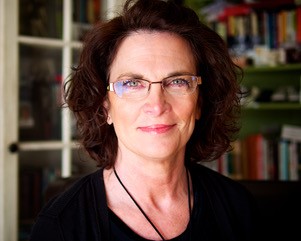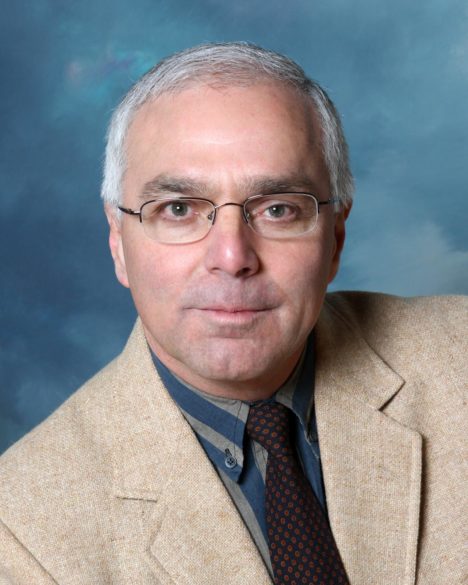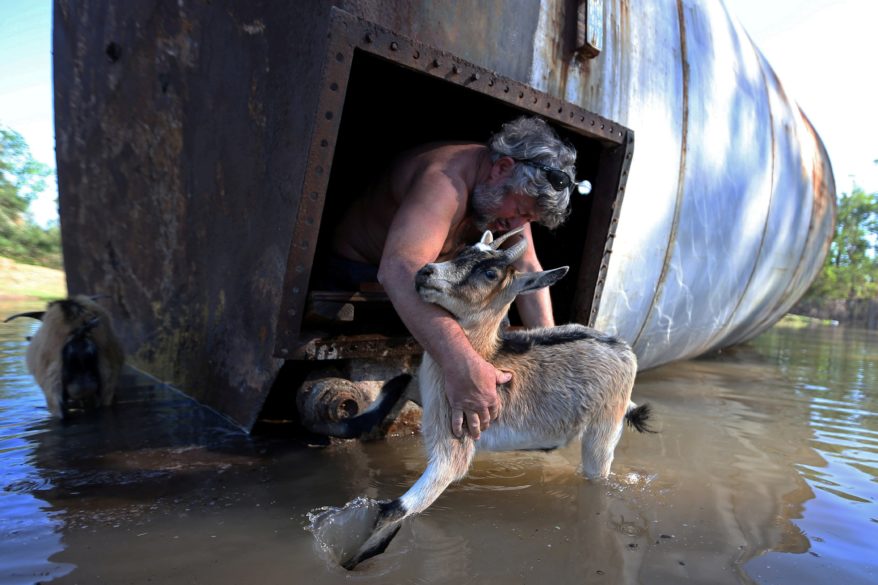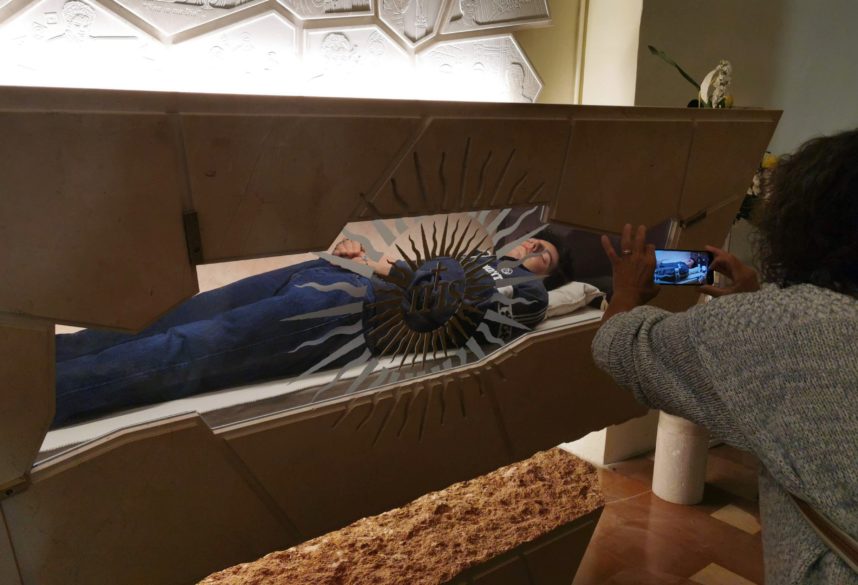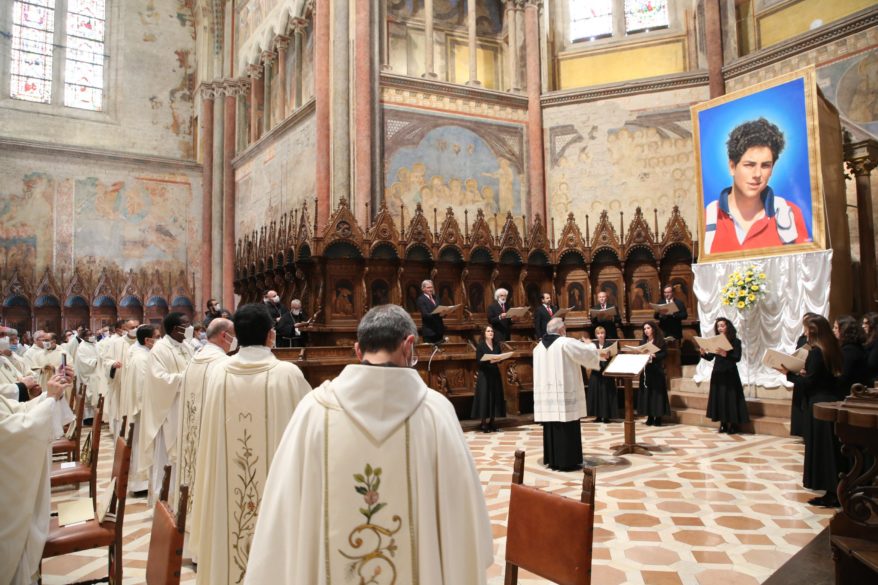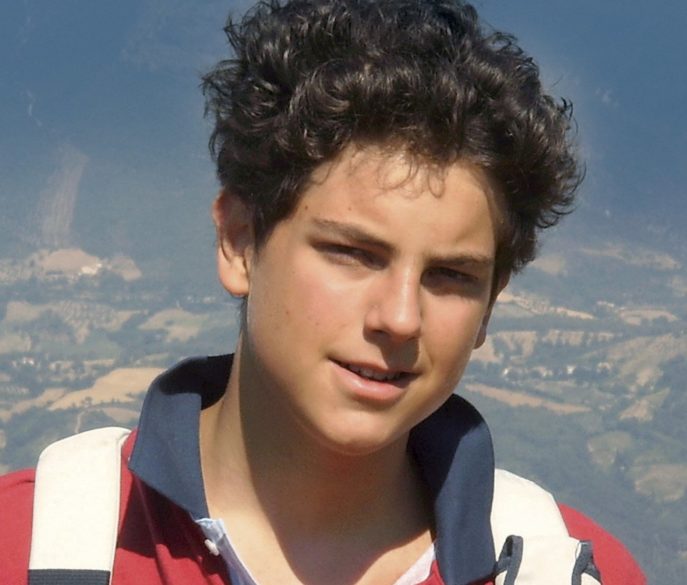“In this statement, we bishops do not intend to tell Catholics for whom or against whom to vote. Our purpose is to help Catholics form their consciences in accordance with God’s truth. We recognize that the responsibility to make choices in political life rests with each individual in light of a properly formed conscience, and that participation goes well beyond casting a vote in a particular election.” – Faithful Citizenship
By Bishop Joseph R. Kopacz, D.D.
JACKSON – With the elections on national, state and local levels on the near horizon, the Catholic Church in the United States once again is active in the political process to foster the common good: a culture of life, justice and peace. There is obvious division in the church and in the nation over the candidates and the issues, perhaps more strident nowadays, but certainly nothing new. Social media and the 24-hour news cycle incessantly heap coals on the fires of partisanship that burn no less intense that those consuming millions of square miles in the western states. Unfortunately, then, politics in our country often can be a contest of powerful interests, partisan attacks, sound bites and media hype. Yet, as Pope Francis reminds us, “Politics though often denigrated, remains a lofty vocation and one of the highest forms of charity inasmuch as it seeks the common good.” In this spirit the church seeks to be a trustworthy compass for voting in November, an appeal to faith and reason in the stillness of one’s conscience.

Included in this issue of the paper is the introduction to the bishops’ document, entitled “Faithful Citizenship.” It is a document, refined over decades of election cycles, that has been forged in the fire of Gospel truth and the church’s teaching for nearly 2000 years. The bishops state: “The Catholic community brings important assets to the political dialogue about our nation’s future. We bring a consistent moral framework, drawn from basic human reason that is illuminated by Scripture and the teaching of the church, for assessing issues, political platforms and campaigns. We also bring broad experience in serving those in need and educating the young.” From this abundant and fruitful tradition of faith, social action and education, the Catechism of the Catholic Church reminds us, “It is necessary that all participate, each according to his position and role, in promoting the common good … As far as possible citizens should take an active part in public life.” CCC 1913-15
“In this statement, we bishops do not intend to tell Catholics for whom or against whom to vote. Our purpose is to help Catholics form their consciences in accordance with God’s truth. We recognize that the responsibility to make choices in political life rests with each individual in light of a properly formed conscience, and that participation goes well beyond casting a vote in a particular election.” Faithful Citizenship further states: Conscience is the voice of God resounding in the human heart, revealing truth to us and calling us to do what is good while shunning what is evil.
Finally, prayerful reflection is essential to discern the will of God.” Clergy and laity have complementary roles in public life. We bishops have the primary responsibility to hand on the church’s moral and social teaching, and as Pope Benedict taught in Deus Caritas Est, “The direct duty to work for a just ordering of society is proper to the lay faithful.” #29
To form consciences and to promote a just ordering of society the church’s teaching rests upon four pillars: the dignity of the human person made in the image and likeness of God – fostering the common good which is a commitment to establishing conditions where all can thrive — solidarity, springing from the conviction as children of God, that unity built upon cooperation and collaboration wherever possible is the goal — subsidiarity, the empowerment of individuals, families and local entities. Based on these principles we pray, work, serve and vote to do good and avoid evil.
The following excerpts from Faithful Citizenship go to the heart of the matter for voting citizens. “Catholics often face difficult choices about how to vote. That is why it is so important to vote according to a well-formed conscience. A Catholic is not in good conscience if voting for a candidate who favors a policy promoting an intrinsically evil act, such as abortion, euthanasia, assisted suicide, unjust war, subjecting workers to subhuman living conditions, torture, racist behavior, e.g. if the voter’s intent is to support that position. In such cases a Catholic would be guilty of formal cooperation in grave evil.” At the same time, “there may be times when a Catholic who rejects a candidate’s unacceptable position, even on policies promoting an intrinsically evil act, may responsibly decide to vote for that candidate for other morally grave reasons. Voting in this way would be permissible only for truly grave moral reasons, not to advance narrow interests or partisan preferences or to ignore fundamental moral evil.”
It is in our DNA as Catholics to be “all in” in every dimension of life, including the political realm. The Lord Jesus calls us to be “salt and light,” in order to create societies of life, justice and peace. Pope Francis reminds us. “An authentic faith always involves a deep desire to change the world, to transmit values, to leave this earth better than we found it. We love this magnificent planet on which God has put us, we love the human family that God has put here, with all its tragedies and struggles, its hopes and aspirations, its strengths, and weaknesses. The earth is our common home and all of us are brothers and sisters.”


